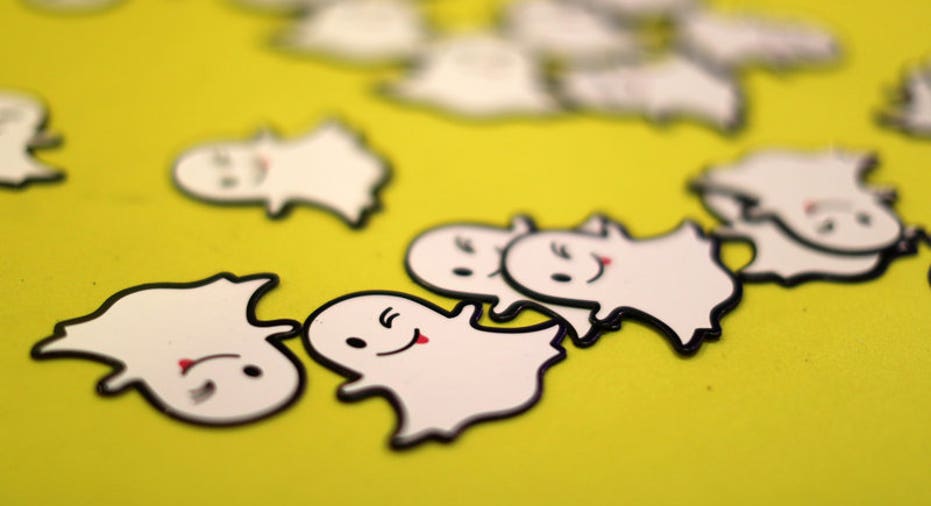Snap Shares Tumble as Short Sellers Move In

Snap Inc's shares tumbled 12 percent on Tuesday and traders raced to position themselves to cash in on further declines after analysts gave the company a lukewarm reception following its red-hot market debut.
Snap's $3.4 billion public listing on Thursday was the hottest technology offering in three years, but its lofty valuation and slowing user growth have raised eyebrows on Wall Street and attracted traders who expect its shares to fall.
Opening up the potential for more volatility, the company's underwriters have exercised an over-allotment option to buy an additional 30 million shares, bringing the total IPO to 230 million shares, according to two capital markets sources familiar with the deal.
That means Snap's bankers would no longer be in a position to stabilize its shares by buying them should they fall below their $17 IPO price.
Institutional traders were paying annualized interest rates between 15 percent and 40 percent to be among the first to short-sell the stock, according to S3 Partners, a financial analytics firm.
The owner of messaging app Snapchat is not profitable and has warned it may never be.
Much of last week's frenetic trading in Snap has yet to settle, making it difficult for brokers to estimate how many shares are available to lend to short sellers. But early data suggests brokers are facing a "chaotic" lending environment, with early short interest approaching $300 million, said S3 Partners Managing Director of Research Ihor Dusaniwsky.
"This is the first couple of days of shorting data to show up, so I'm sure this is going to get bigger quickly," Dusaniwsky said.
Short-sellers borrow and then sell stocks they think will fall in value, hoping to profit by buying the stock back more cheaply later on and then returning it to its owner.
The interest rates brokers charged for Snap shares on Tuesday suggest demand is extremely high and that those borrowing the stock expect its price to fall steeply.
By comparison, brokers lend out shares of Facebook Inc at an annualized rate of less than 1 percent, reflecting an ample supply available for lending and low demand from short sellers, according to data from Astec Analytics.
In its market debut Snap surged 44 percent from its $17 initial public offering price to close at $24.48. Since then it has fallen 22 percent.
On Tuesday afternoon, Snap was down 12.7 percent at $20.76.
Snap has been heavily traded since its market debut, rolling over the number of shares sold in the IPO more than twice.
Options trading in Snap is expected to start on Friday, once regulatory requirements are met.
At about $27 billion, Snap's market capitalization remains a little larger than Kellogg Co and slightly smaller than HP Inc.
So far, no analysts have initiated the stock with a "buy" rating.
Of six analysts who have launched coverage of Snap, four recommend selling and two have neutral ratings, according to Thomson Reuters data.
Globally, shares of most of the 25 largest tech IPOs have languished in their first year on the public market, with 16 notching a hefty decline from their debut day closing price, according to a Reuters analysis of market performance.
(Reporting by Lance Tupper in New York and Noel Randewich in San Francisco, additional reporting by Narottam Medhora in Bengaluru; Editing by Meredith Mazzilli)



















